“Happiness Is Waking Up Without A Hangover.”
Have you ever found that just reaching for that drink gave you that mini break you wanted so badly from your intrusive thoughts and consistent symptoms of anxiety? Only to fall victim to the barrage of anxiety not only for the entire next day, but days after that?
This was my typical Saturday night, which then led to Sunday all the way through to Wednesday being a nightmarish time of intense catastrophic thinking and consistently heightened sensations of anxiety
Why did I put myself through all that pain? Because I was searching for relief from my 3 main symptoms of anxiety that haunted me daily, and it came in the form of a drink, or 6. As emotional beings we do everything we can to change our emotional state as quickly as possible, and that’s why drinking can be such an attractive option, because of how quickly the shift occurs.
“Truth is If You’re living For The Weekend, It’s Time To Tap Into Something Much Greater Within You.”
In addition to causing symptoms like queasiness in the stomach, headaches, dehydration, depersonalization etc., hangovers can also result in anxiety or worsen anxiety. In people with a tendency to easily become anxious, or in those who have been diagnosed as having clinical anxiety disorder, hangovers may trigger unwanted sensations of stress which can be difficult to manage.
It is not possible to easily comprehend all the factors and causes that result in the occurrence of anxiety. The effects of alcohol on the brain is however well-known and studied. It is known that anxiety and chemical-stage depression can occur after drinking, primarily due to the manner in which the mind becomes stressed after the intake of alcohol.
It is very common for people to experience nutrient level changes, vomiting, nausea, pounding headaches, and neuro-chemical and hormonal changes after drinking. Anxiety can only worsen these symptoms and hangovers.
1. Anxiety due to making bad decisions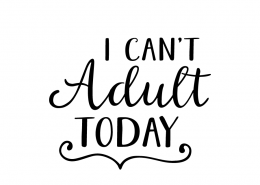
In most cases, our behavior and actions before a hangover tend to be somewhat atypical and usually regrettable. Drinking alcohol can result in a loss of impulse control and hence there are greater chances of you saying or doing things which you normally would not have said or done in the presence of others.
When you consume alcohol with friends, the damaging things that you do or say just doesn’t go away. You will need to confront your alcohol-driven activities the next time you meet your friends.
“The prospect of such a discomforting conversation can trigger anxiety and even panic.”
Even if the actions and words of last night are not recalled by you, then presence of evidence of those antics, like damaged property, in your immediate environment may result in increased stress and regret. This can worsen the hangover.
2. Paranoia and hangover
Anxiety that occurs during or after hangovers may often be accompanied by a sense of paranoia, i.e., a belief that something bad may have occurred. This is often due to the way you feel, physically as well as mentally. It is normal to experience such feelings; however they can be quite destructive and be a direct trigger of anxiety.
3. Memory lapses and confusion
Memory lapses and confusion are quite common symptoms of hangovers. Confusion typically occurs due to people feeling terrible and subsequently unable to decipher the cause of it. Once the initial confusion is over, you may realize that you are not able to think clearly, which either could be due to dehydration or other physical symptoms. Such lack of capacity to clearly think can cause people to jump to unreasonable conclusions which can then trigger or worsen anxiety.
Remember Also…
Lapses in memory can also be the cause of severe confusion. The inability to remember the happenings of last night after getting up with a hangover can result in intense stress and cause people to speculate about all the possible bad things which may have occurred and will occur in the future.
They could range from something bad that you said which you did not mean, or it could be a fear or imagination that you were abused or attacked. This can cause anxiety during hangovers to be much worse than normal and all of a sudden things begin to get much worse before they get better, so always think twice.
When The Dissatisfaction Of Living With Anxiety Has Gotten Big Enough, This CBT Based Program Will Guide You Towards Freedom.


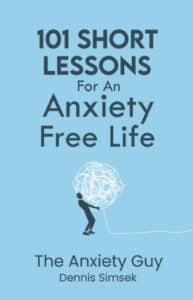

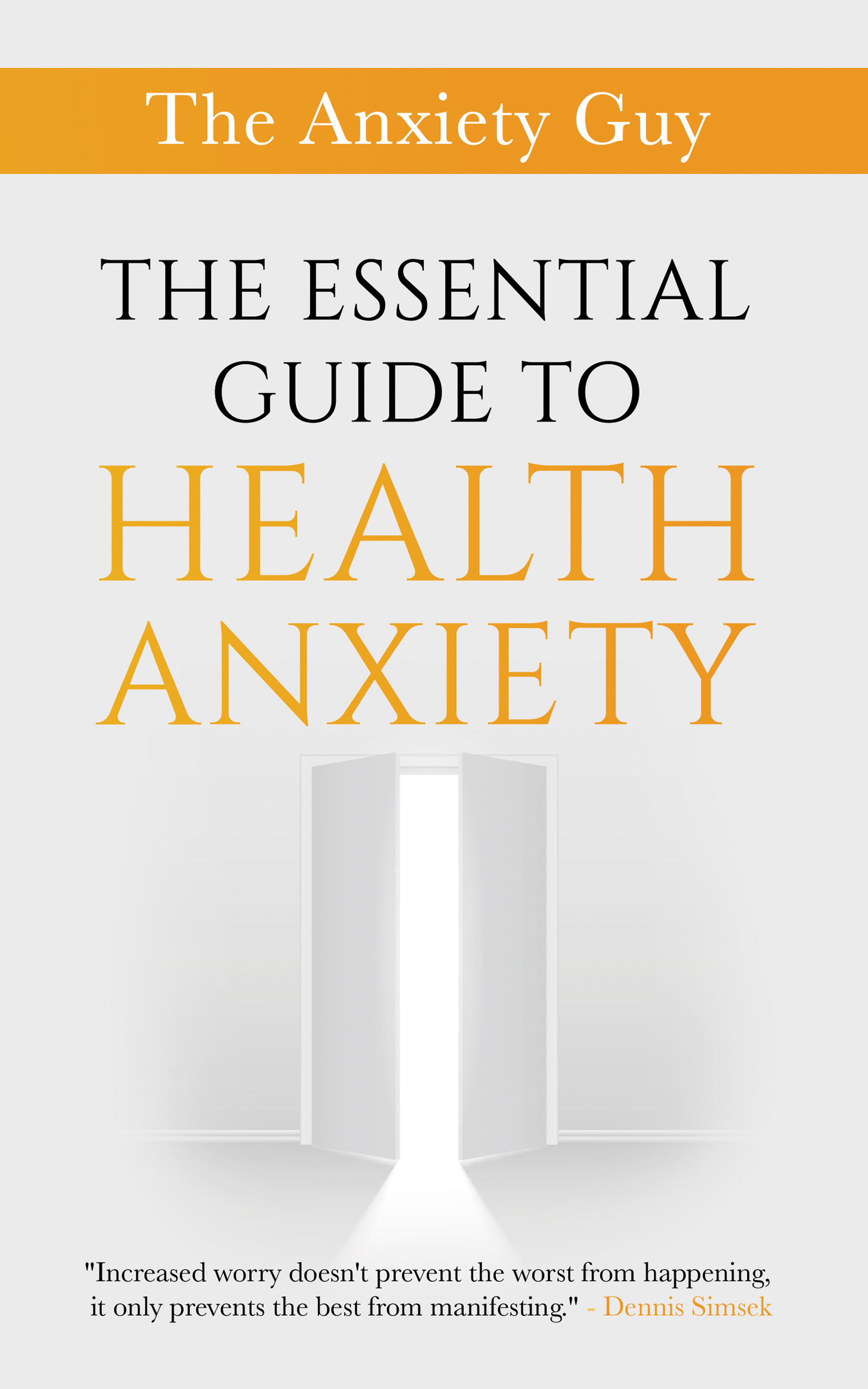
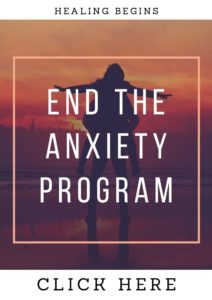
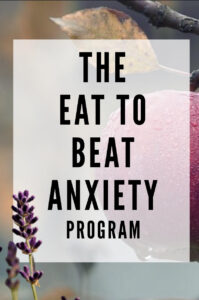



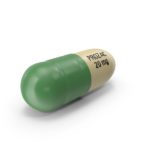


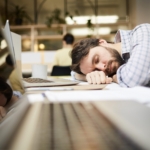






This article is leaving out one extremely key fact in why a hangover increases stress and that is that alcohol disrupts essential enzymes the liver produces thsat play a major role in almost every key sytem in your boday, including enzymes that interact with the brain.
Thank you for the feedback ❤️